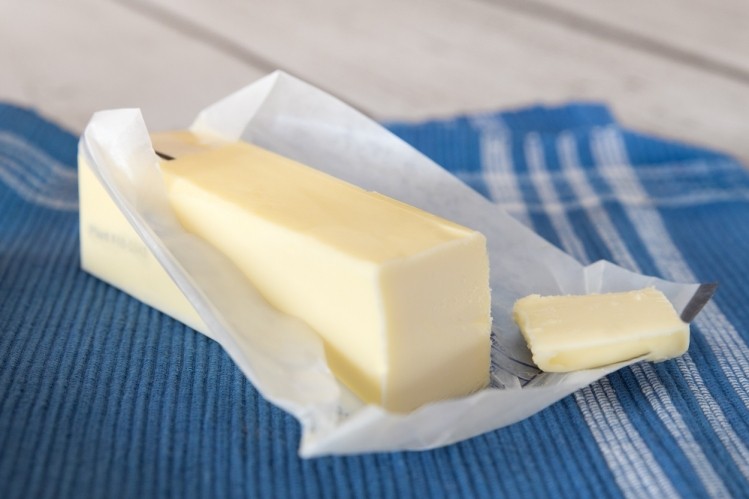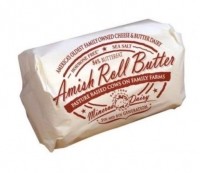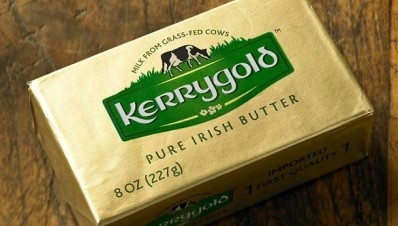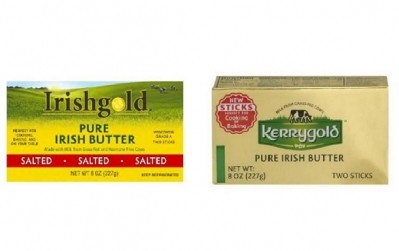Minerva Dairy to appeal Wisconsin judge’s dismissal of butter grading lawsuit

Under federal law, butter sold in Wisconsin must be graded by Wisconsin-licensed butter graders to ensure the consistency and quality of butter sold in the state. A violation of the artisanal butter ban could result in a fine between $100 and $1,000 or imprisonment up to six months for the first offense, according to Wisconsin Statute Section 97.176 (artisanal butter ban).
Minerva Dairy filed its original complaint in April 2017 in the Western District Court of Wisconsin and in February 2018, US District Judge James D. Peterson dismissed the case after ruling the law was “rationally related to Wisconsin’s legitimate interest in helping its citizens make informed butter purchases.”
“We don’t believe there’s any evidence to suggest that consumers know what butter grades even mean,” Joshua Thompson, an attorney from Pacific Legal Foundation representing Minerva Dairy, told DairyReporter.
Minerva Dairy has 30 days to file an appeal once and it expects to have its case heard within the year, Thompson added.
The Wisconsin butter grading law also prevented Ornua from selling its Kerrygold Irish Butter in the state last year.
Minerva Dairy, a family-owned company has been making its “artisanal” dairy products in Minerva, Ohio, since 1894 and sells its “slow-churned” butter in every US state except Wisconsin due to its state-specific butter grading law.
In order to expand its sales distribution to Wisconsin, Minerva Dairy would have to have its butter inspected by a USDA-certified butter grader and create Wisconsin-specific labels, which the plaintiffs said would be cost-prohibitive to their business.
The Wisconsin butter grading law does offer onsite butter grading but since Minerva is located in Ohio it is not able to take advantage this opportunity, Mueller argued.
“In order to comply with Wisconsin’s artisanal butter ban, plaintiffs would have to pay the costs (travel and time) for a USDA-certified butter grader to grade butter at plaintiffs’ facilities,” Minerva Dairy’s president Adam Mueller said.
Legitimate government interest?
Minerva Dairy said it believes the Wisconsin artisanal butter ban violates its right to participate in interstate commerce without providing any legitimate local benefits except the goal of protecting Wisconsin businesses from economic competition.
“…the artisanal butter ban has no rational connection to the public health, safety, or welfare, or any other legitimate government interest,” Mueller said.
Judge Peterson said, “Consumer protection is a legitimate governmental interest. More specifically, Wisconsin has a legitimate interest in ensuring that its citizens aren’t duped into buying ‘mealy,’ ‘musty,’ or ‘scorched’ butter (to name a few of the characteristics included in the grading system).”
Losing brand equity
Part of Wisconsin’s butter grading law would require Minerva Dairy to label its butter as “Grade, Wisconsin, AA, A, or B,” which it argues would dilute its brand equity as an artisanal dairy producer.
“Minerva Dairy prides itself on the distinction between its family-crafted ‘artisanal butter’ and mass-produced, commodity butter that is made by large-scale butter makers,” the plaintiff stated in the original complaint court document.
Minerva Dairy hand packages its 'Amish Roll Butter' made with milk from pasture-raised cows and believes that grading and labeling its products would reflect a mass-produced commodity image with a government-mandated taste.
However, the defendant Wisconsin Attorney General, Brad Schimel, argued, “Minerva also ignores the fact that other ‘artisanal’ or small batch butter producers comply with the law, but somehow have not lost their brand equity.”
“…there is no dispute that the butter grading law does not require Minerva to change its recipe, its methods, or even its labeling other than to include the grade designation,” he continued.







